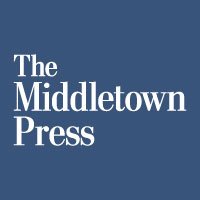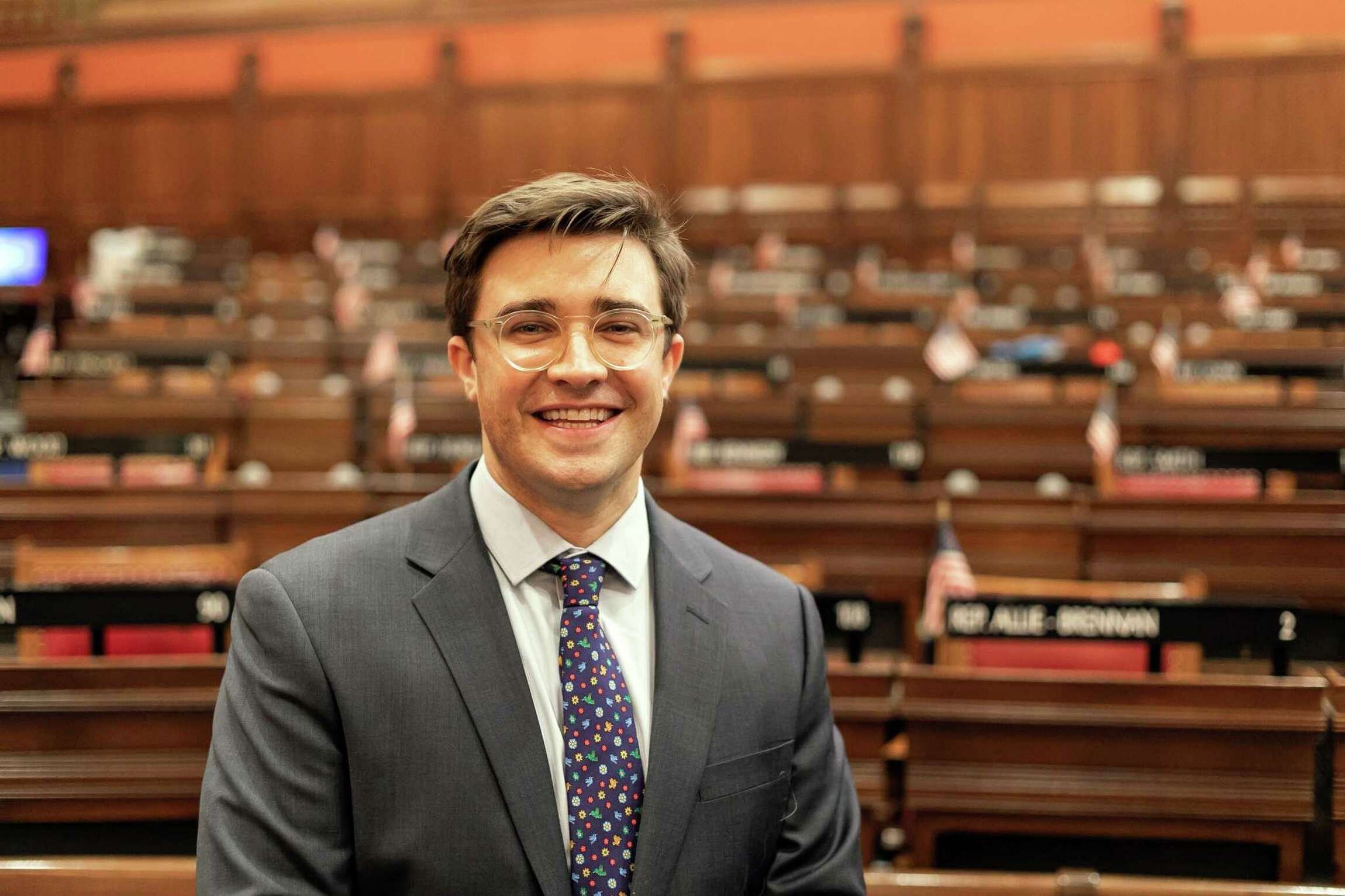State Rep. John Michael Parker, D-101, announces reelection bid; points to constituent service
April 20, 2022
Future Caucus member and Democratic state Rep. John-Michael Parker has launched his reelection campaign for the 101st District House seat, representing Madison and part of Durham.


Democratic state Rep. John-Michael Parker, D-101
MADISON — Democratic state Rep. John-Michael Parker has launched his reelection campaign for the 101st District House seat, representing Madison and part of Durham.
Parker will challenge Republican John Rasimas, former deputy state auditor who officially launched his campaign April 1.
As Parker looks back on his first term, he is most proud of “being present, accessible and communicative with my constituents and really working on their behalf for a variety of issues,” he said.
Parker said this was extremely important “during the worst of the pandemic last year.”
“Our office fielded dozens and dozens of calls, working with constituents on unemployment, different insurance policies they were getting, access to care that was happening or not, whether it was in nursing homes with elderly family members and hospitals,” he said.
“Just so many small community-based detailed work that I think is really the most important part of this job,” he said.
Parker, 33, graduated from Daniel Hand High School and Yale University. From 2010-18 he lived in New York City before returning to his hometown. He is married to Joyce Gendler and is the executive director of Arts for Learning Connecticut.
He talked about helping to successfully secure state funds for community projects including $770,000 for reconstruction at Madison’s Garvin Point, “a really critical coastal resiliency project”; $145,000 for renovation of Durham Library; $150,000 for Madison’s American Legion Post 79 renovation; and $4 million for the conversion of the Madison’s former Academy School into a new community center.
“These roughly $5 million bonding projects, for the community, is just a really big win, especially knowing what has and hasn’t happened over the last couple of years,” he said.
In Hartford, Parker serves on the Public Health Committee, Environment Committee and Education Committee.
He also is involved with Arts Culture & Tourism and leads the Future Caucus, “a bipartisan effort of younger legislators that are thinking about issues important to the next generation and how we can get those represented in the Capitol.”
Parker is most passionate when he talks about his work with public health.
“I am grateful to have had the chance to work on this issue this year, which is the opioid epidemic and crisis that we’ve all living through and dealing with and that has really hurt so many individuals and so many communities,” he said.
“I’m committed to continuing this work in the future, really listening to the folks living with opioid use disorder and the families that have been affected, especially by loss,” he added.
One of the biggest surprises about working in the Capitol, during his first term, was “to see just how bipartisan the work is in the legislature.”
He said when reading the news and following social media, “sometimes the partisan divide can be a little bit amplified.”
“I think there’s a lot more working together and goodwill than, I think, people might think from the outside,” he said. “That’s been really refreshing.”
Heading into the election, Parker said he believes the state is “in a strong position right now.”
“I think we have been resilient through COVID,” he said. “We’ve responded well to the best that we could.”
“I think we’ve put the state in a strong financial position, paying down billions of dollars in debt, running strong surpluses and using those both to pay down debt and invest responsibly in programs that are really supporting our community,” he added. “I think Connecticut is in a strong position.”






Join 1,900+ BIPARTISAN LEADERS NATIONWIDE
Be a part of a network of lawmakers committed to governing effectively, passing more representative public policy, and increasing public trust in democracy.